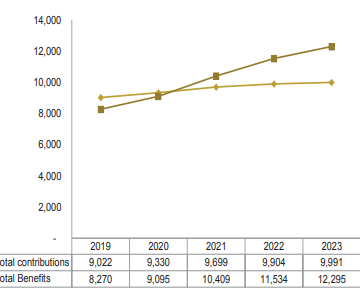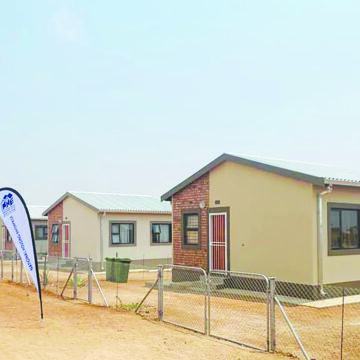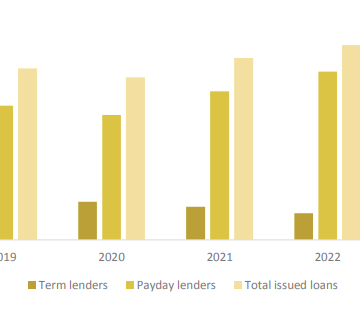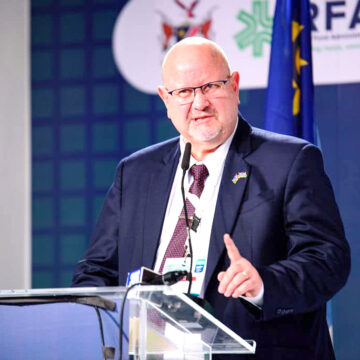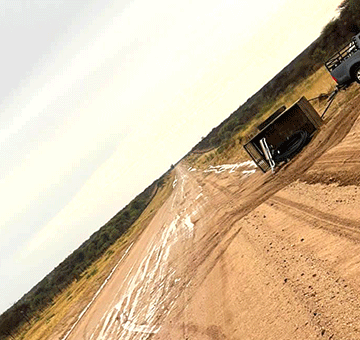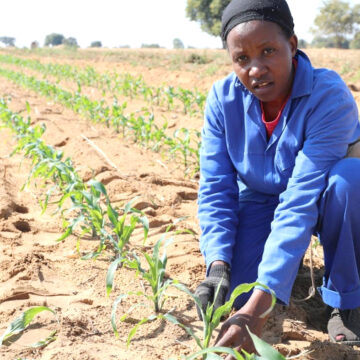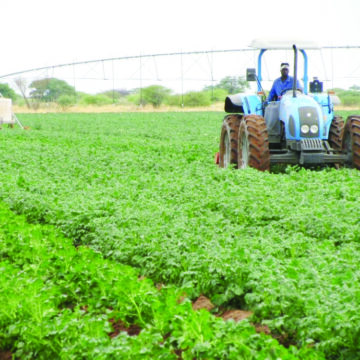Namibia is facing severe challenges in its foreign direct investment (FDI) landscape,as recent reports indicate a notable decline in net FDI inflows during the second quarter of 2024. This downturn, amounting to a decrease of N$7.2 billion year-on-year and N$3.9 billion quarter-on-quarter, has brought net inflows down to N$8.5 billion. FDI refers to an ownership...
Author: Maihapa Ndjavera (Maihapa Ndjavera )
Retirement funds unable to cover liabilities
The domestic retirement funds industry is faced with a significant liquidity challenge. This is as recent data reveals a troubling decline in the industry’s ability to meet short-term financial obligations. The industry’s liquidity ratio, which measures the adequacy of contributions to cover expenses and benefits, has dropped from 77% to 67.3% over the past year. The latest figures were...
NHE clears seven years financials backlog …points out struggle to generate sufficient revenue
The National Housing Enterprise (NHE) recently marked a significant milestone as it finalised a backlog of financial reports that has persisted for more than seven years. This completion is expected to bring much-needed clarity and transparency to the organisation’s financial standing, which is crucial for maintaining stakeholder confidence. The reports cover seven audited financial statements...
IPPR calls for frank green hydrogen discussion
The Institute for Public Policy Research (IPPR) has raised critical concerns regarding the burgeoning green hydrogen sector in Namibia. In its latest publication, IPPR research associate Frederico Links emphasised that while there has been significant excitement surrounding new developments, it is now time for a realistic and inclusive evaluation of the situation. He pointed out that the...
Term loans constitute 96% of total microlenders …as household borrowers decrease by almost 10%
The domestic microlending sector loan book value has shown a notable increase, reflecting a shift in borrowing trends and preferences among consumers. As of the end of 2023, the value of the domestic loan book grew by 6.1% year-on-year, reaching an impressive N$7.2 billion. This growth is primarily attributed to term lenders, whose loan value amounted to N$6.9...
TransNamib’s annual maintenance estimated at N$120m… reliable rolling stock, safe network crucial for efficiency
TransNamib CEO Desmond van Jaarsveld has highlighted critical challenges facing Namibia’s rail transport sector. He specifically pointed out inefficiencies that have forced fuel and mining operators to rely predominantly on road transport. In a recent presentation, he noted that rail accounts for only 12% of fuel transport in Namibia, a figure he deems “way too...
Urgent funding required to avert road deterioration
The domestic road sector continues to grapple with a significant funding crisis, which authorities have cautioned is insufficient to cover the costs of maintaining the nation’s road network. The lack of capital has been highlighted by an average deficit of 25.7% in Road User Charges (RUC) revenue from 2016 to 2024. Moreover, RUC projections indicate...
Budget must show agriculture is a national priority…Schlettwein calls for alignment of fiscal allocation
Agriculture plays a pivotal role in Namibia’s economy, supporting livelihoods and contributing to food security. However, the current budget allocation does not reflect its importance. This is according to agriculture minister Calle Schlettwein, who recently warned that the current budget allocation for agriculture is inadequate. “At 2.3% of total non-interest expenditure, and about 0.7% of...
Agricultural revolution imminent – Mungunda…says poverty purge requires production increase
Despite the critical role agriculture plays and the persistence to continuously develop the sector in Namibia, it still contributes only about 6% of the country’s gross domestic product (GDP). This is while more than 70% of the population relies on it for their livelihoods. The Namibia Statistics Agency (NSA)’s provisional census results announced recently show...
Schlettwein blasts struggling line SOEs…says inefficiency hinders agricultural growth and profits
Agriculture minister Calle Schlettwein yesterday took issue with the performance of struggling line state-owned enterprises (SOEs), arguing that their inefficiencies are placing an undue burden on farmers. He emphasised that these SOEs, which are intended to support agricultural productivity, are instead hindering growth and profitability for farmers. The minister noted that these industrialisation and marketing...


